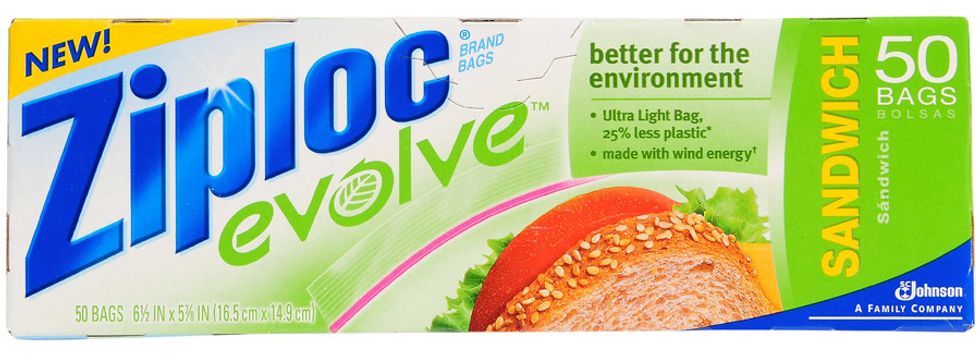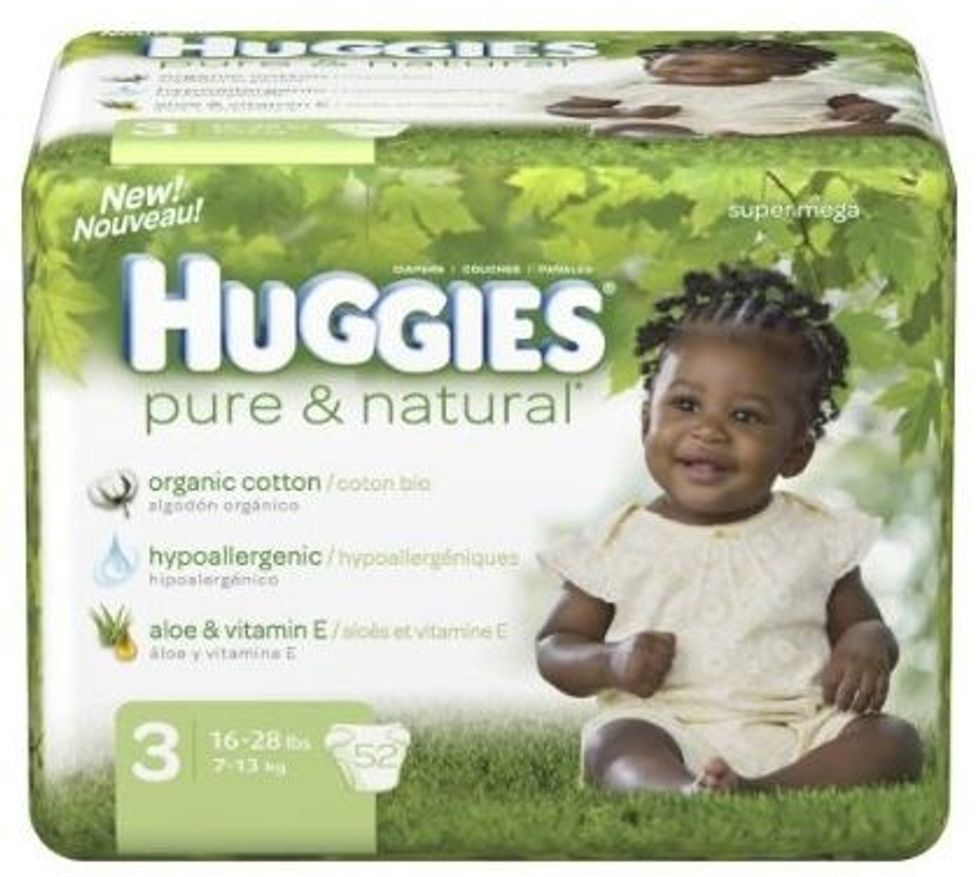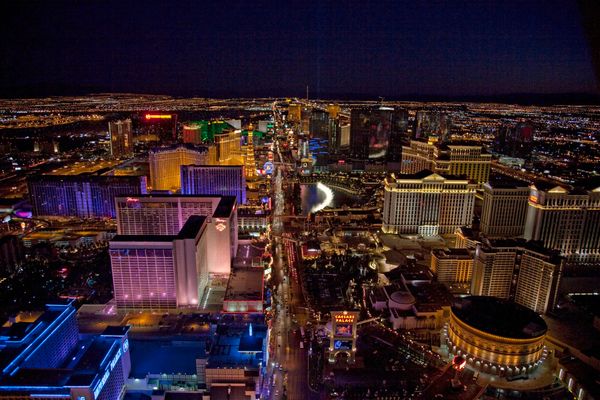Saving the environment has become trendy, and while this may be promising for the future of our planet, it also has ushered in a new era of green consumerism.
Walking into your local supermarket today you'll be flooded with an onslaught of products with the word "ECO" or "GREEN" plastered on them, occasionally accompanied by a complementary leaf or globe illustration. And, being the good, environmentally conscious person you are, you'll shell out the extra $2.00 to buy the fair-trade organically-sourced box of tampons.
The fact is, however, the rise of eco-consumerism and "greenwashing" are only tricking us into thinking we're helping solve the problem while we continue to contribute to it. This creates a culture of "eco-laziness" around environmental activism that allows consumers off the hook when it comes to doing their part.
Instead of putting in the work to advocate for better environmental policies, attending town halls and rallies, and dedicating time and effort to take down those destroying our planet, we can buy a reusable silverware set and feel as if we are part of the solution.

In the article "Neoliberalism has conned us into fighting climate change as individuals" Martin Lukacs points out that while we are distracted by biking to work every day, going to the farmer's market once a week, and toting around our reusable water bottles, companies and politicians have been working just as hard to continue destroying our environment at an even greater pace.
While 100 companies continue to be responsible for 71% of the global emissions, through some monumental smoke and mirror act, we have all been deceived into believing all we need to do is spend our money a little more consciously and climate change will be reversed. Growing up in a consumer culture we have been trained to think that the only way to make a change is through our wallets. The market economy has successfully convinced us that the best thing we can do to stop the effects of consumerism is to buy more things.

As caring for the environment has become more mainstream, companies inevitably have found a way to capitalize on it. While opting towards more eco-friendly production methods and products isn't a bad thing, many companies often masquerade behind a greenwashed mask to keep up with the competition without making an effort towards reducing their environmental impact. In fact, the trend of greenwashing and eco-marketing has become enormously popular among companies trying to keep up with market trends.
One study even found that 98% of "eco-friendly" products are guilty of greenwashing, meaning only 2% of environmentally-friendly branded products are actually that. The reality is that many of these products are just a fancy label on the same thing that has been sold to us for years. Using half-truths and vague terms, things like eco-friendly plastic trash bags and compostable coffee cups have been pushed into the market with hopes of capitalizing on the public's newly acquired interest in saving the environment without actually lifting a finger.
Neoliberalism and greenwashing are simultaneously feeding into our desires to be environmental stewards while imposing on us a sense of guilt for not doing more to save the environment. In fostering this internal feeling of guilt for having caused climate change, it encourages consumers to buy into their eco-consumerism fantasy in order to temporarily relieve us of the guilt for long enough to feel like we're doing something to help. All the while we might be thinking that by investing in these products we are decreasing our carbon footprint, it can actually be doing more harm than good.
A 2015 study concluded that "one may do something to relieve one's ecological guilt, but compensate for these achievements by consuming more" (Csutora). In distracting us from the real problem, companies provide a false solution to a problem we are continuing to contribute to. It lets the common person off the hook and takes the overwhelming pressure of the planet's future temporarily off our backs. . . before the next viral environmental video circulates and the guilt cycle continues. By catering to the selfish needs of the consumer to feel morally sound instead of the needs of the environment, companies are allowing the public to contribute the bare minimum to the environmental movement while still feeling like they're helping.

This isn't all the consumer's fault, however. Markets are smart, and they have been evolving and adapting to maximize profits even in the face of catastrophic environmental consequences.
Everything we have been taught in a capitalist and neoliberal society has forced us to believe that putting our money where our mouth is is more powerful than using our mouths to speak on what we believe in. So what can we do then? The first step is to be aware of predatory and deceiving marketing.
Companies like to create eco-friendly faces for many of their brands while continuing environmentally harmful practices in the background. While not everyone can afford to invest in local organic and cruelty-free products, reducing your material consumption overall prevents these companies from profiting off the environmental crisis.
Instead of continuing to consume to reduce your carbon footprint, put your money and your time towards organizations and policies that work to impose more regulations on fossil fuel companies. Attend local protests and rallies, hold your politicians accountable when it comes to funding and policy-making. Volunteer at local environmental and climate justice organizations, and focus on making permanent, tangible change in your community. Yes, you are helping by drinking tap water instead of packaged bottled water, but there is much more to be done before we can pat ourselves on the back for a planet well saved.



















